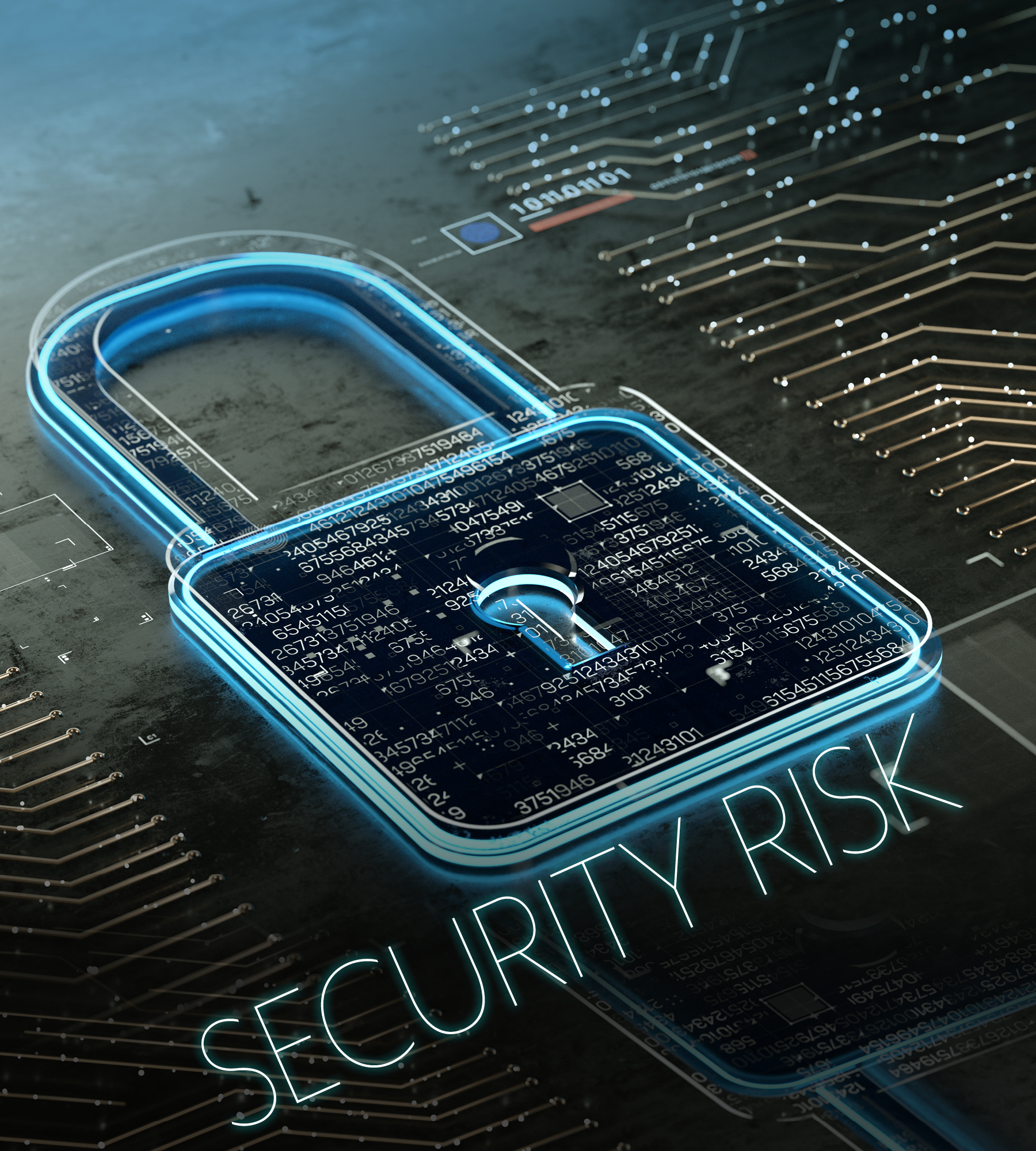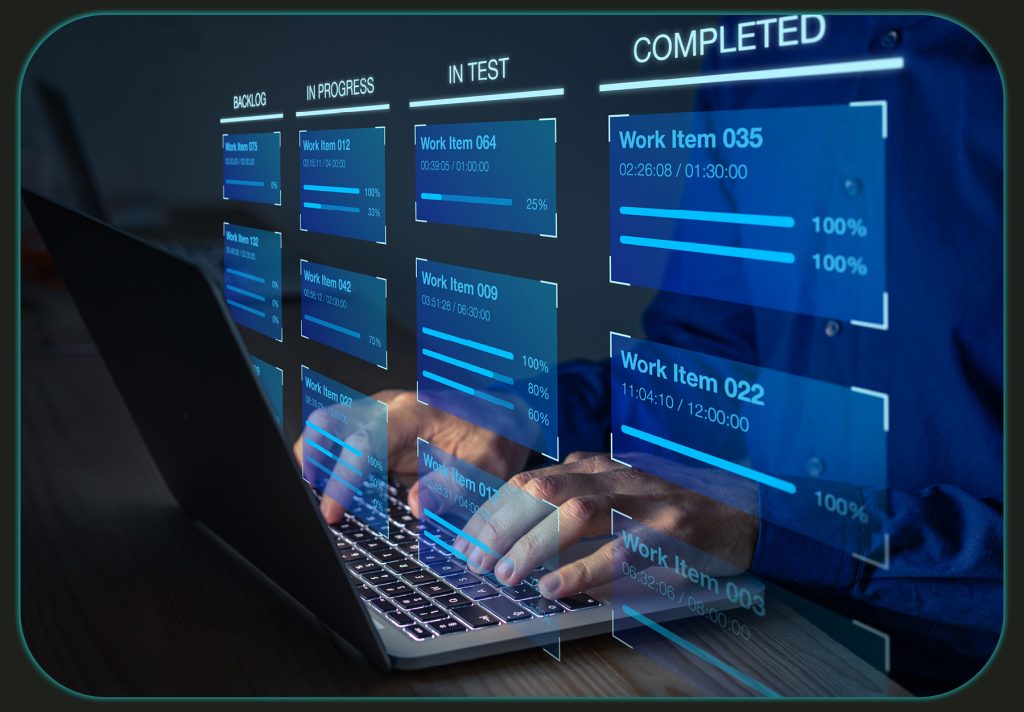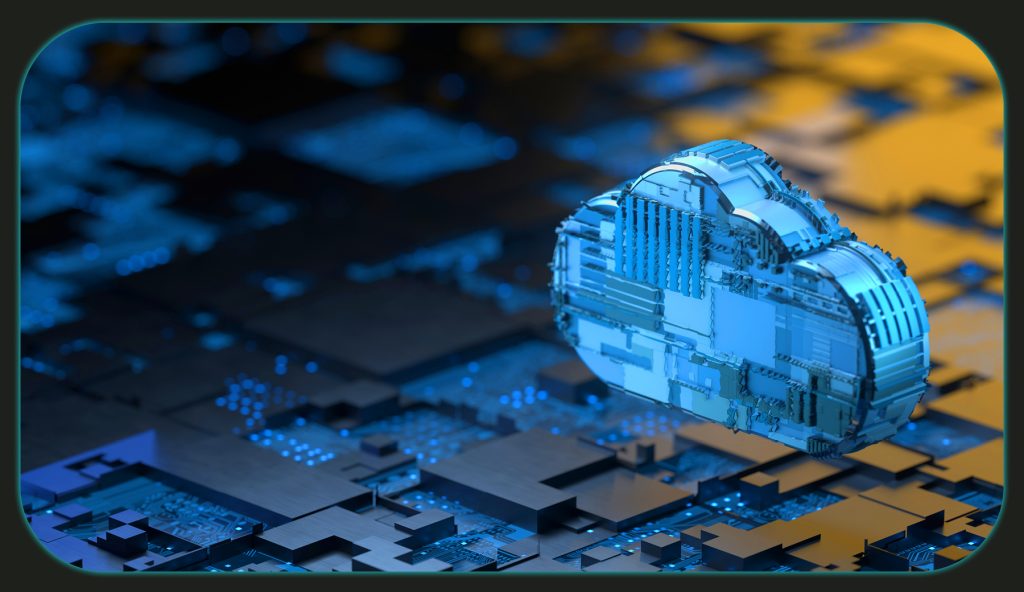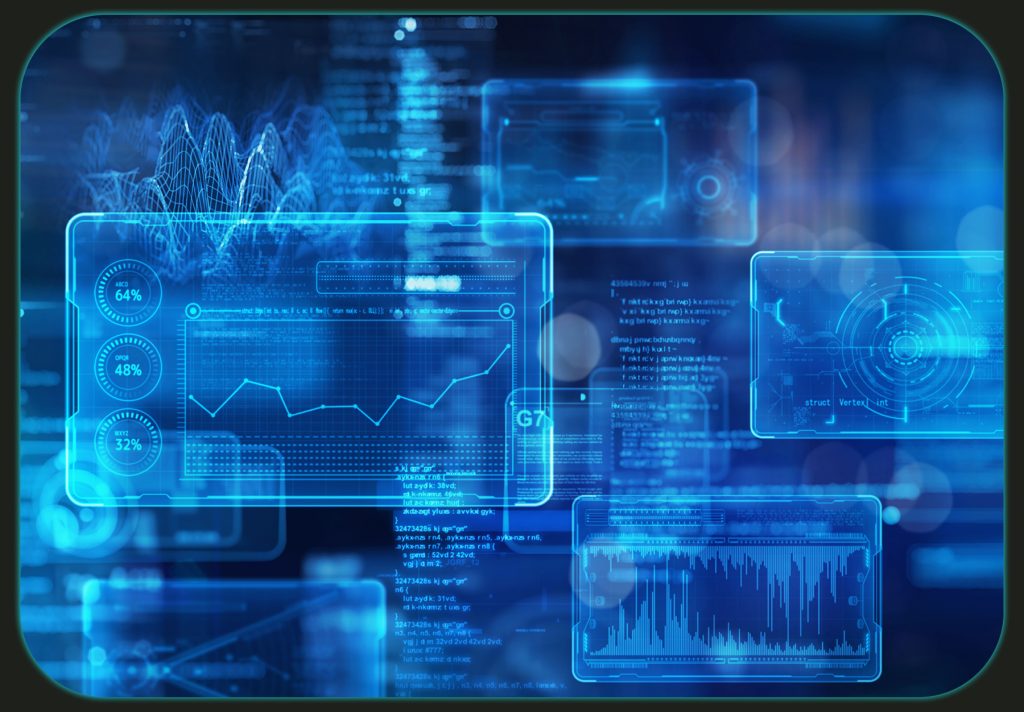Language
You can read the magazine in one of the following languages
Geolocation
You can read the global content or the content from your region

Technology and digitalization are having a huge impact in our homes and workplaces, and the trend is only going to continue. During this rapid pace of technological innovation, one of the biggest changes in the workplace in recent years has been Software as a Service (SaaS).
SaaS is a smart way of delivering applications over the internet as a service, instead of installing and maintaining software at your office. Cloud-based software can be accessed from virtually anywhere and is generally run by a third-party vendor. This frees you up from complex software and hardware management.
Organizations big and small have been increasingly using SaaS-based apps to manage their infrastructure and operations. While this has led to significantly improved efficiencies and lower costs, it has also left companies vulnerable to hackers.
As software can be accessed from any device with an internet connection and web browser, it offers more opportunities for cyber attackers. SaaS platforms, and the sensitive corporate data within them, are vulnerable to cyber attacks and data breaches, and there have been many high-profile incidents in recent years.

Some organizations don’t like the loss of control in handing over their software capabilities to a third-party vendor, especially when it comes to security and protecting sensitive data. A breach of data could easily see an organization lose significant value, clients and, in some cases, go out of business.
While the SaaS provider secures the applications itself, you need to ensure strict measures are taken with your sensitive data. Security lapses can happen across almost any software and hardware combination, not just cloud-based apps. Companies using SaaS often rely heavily on their vendor to not only host their applications in the cloud but to protect them there, too.
Cloud-based apps and data are not protected by traditional security methods such as firewalls. Instead, security comes in the form of security keys or tokens that allow them to be encrypted. The safe management of these keys plays a major role in allowing companies to control access to sensitive information.

A typical breach may involve a bad actor that gets control of your SaaS account and security token. They could then cause serious damage to an organization by stealing, deleting or compromising sensitive data. If they get access to a SaaS platform, this would enable them to spread malware and ransomware across your organization.
One of the biggest challenges when protecting your valuable assets and data in a cloud-based environment like SaaS is visibility. Getting a full view of the apps being used and the security policies they adhere to can be very difficult and time-consuming. Visibility over which devices are being used and what the security risks are when using a platform and third-party apps make monitoring a complex affair.
One immediate solution would be to block certain employees from using specific apps or devices to reduce the risks of a breach. However, blocking apps may hamper their productivity and defeat the purpose of SaaS as a business tool.
Employees generally use cloud-based apps like SaaS in order to be more productive, so limiting access to those services will only slow them down. Employees are naturally going to use the platforms and apps that make them most productive, regardless of the security challenges.
A better system that will have far less of an impact on an organization’s productivity is an automated system that can check all software interactions on a network. The system would be able to check for behavioral anomalies, or suspicious behavior, that occur at the intersection of hardware and software.
Such a system normally incorporates machine learning and AI so that it can learn what behavior is deemed suspicious, and spot early warning signs of unusual behavior. It would be designed to set off alarms to alert security personnel of possible issues. With machine learning, the system will evolve and adapt to recognise unusual patterns and give security teams much greater visibility.

Another tool available when it comes to protecting a business when using SaaS-style apps is identity management. This is the act of confirming that each user is the person he or she purports to be. Access is managed based on whether the user has legitimate rights to retrieve data or use an application. Identity and access management are crucial tools on company premises, and even more important for cloud-based applications.
At the end of the day, every organization can be breached online. Therefore it is important for security teams to constantly manage, mitigate and resolve incidents as soon as they materialize. While technology such as SaaS has plenty of benefits for an organization, it comes with added security risks. Once you have a system in place to identify and control such risks, your organization will continue to thrive.